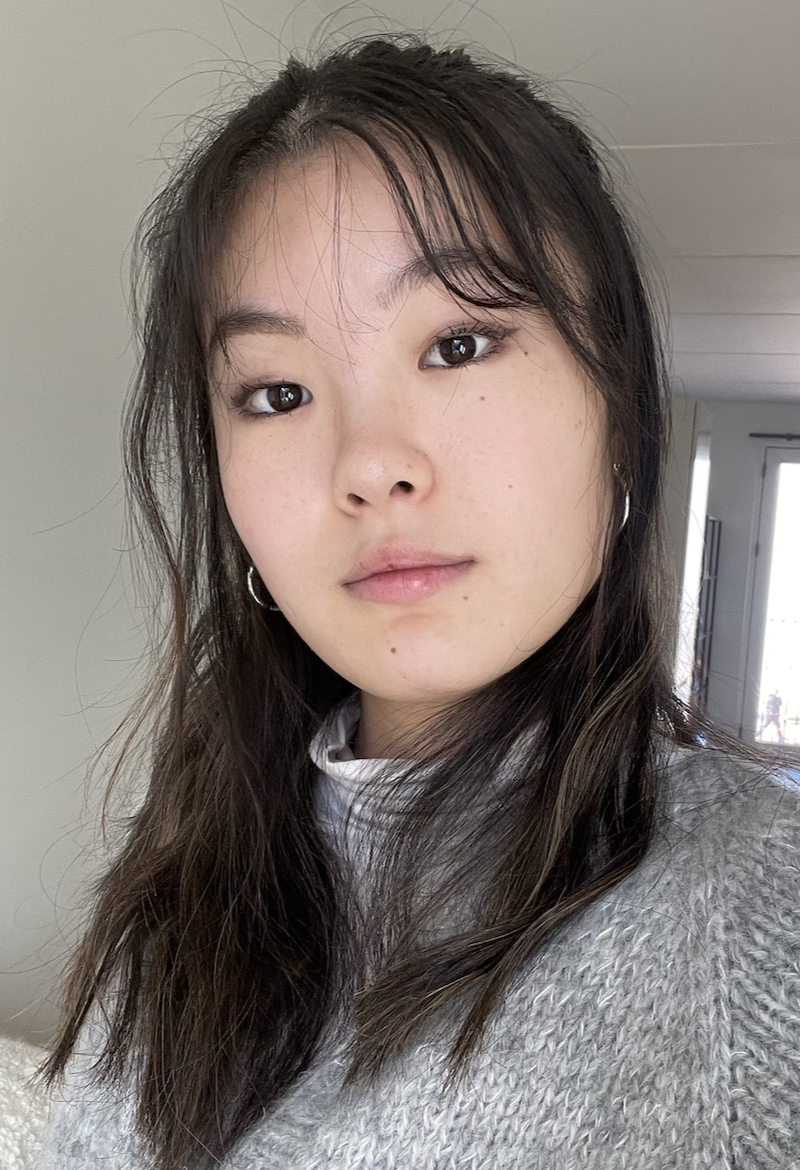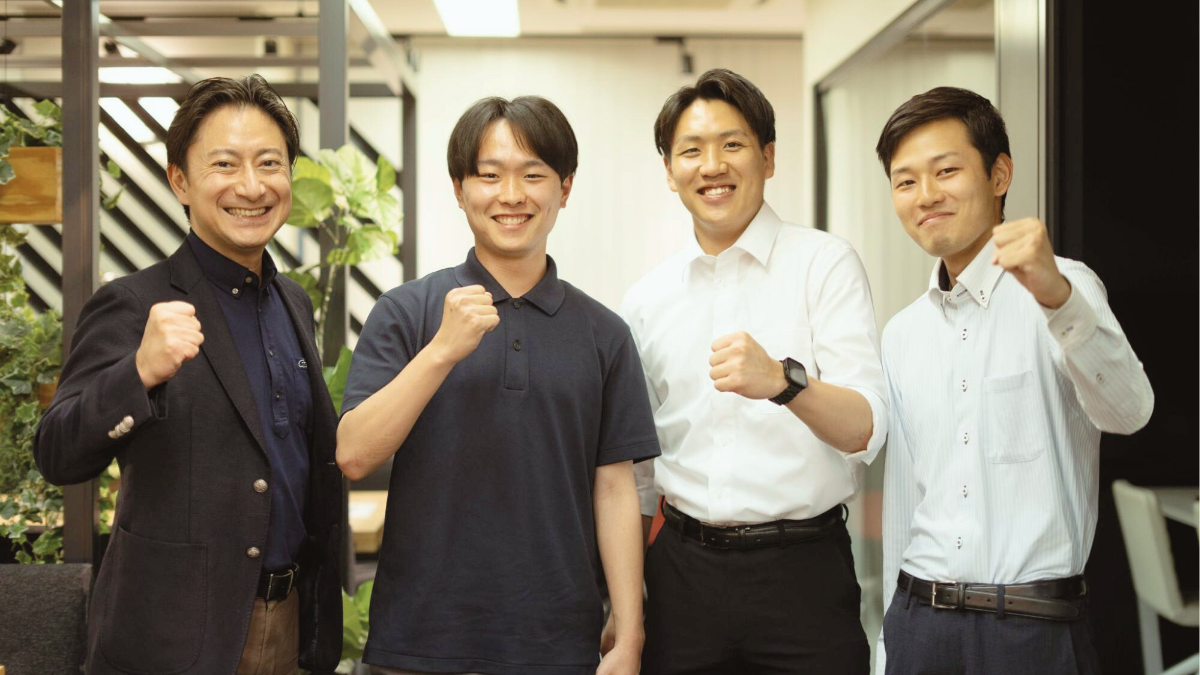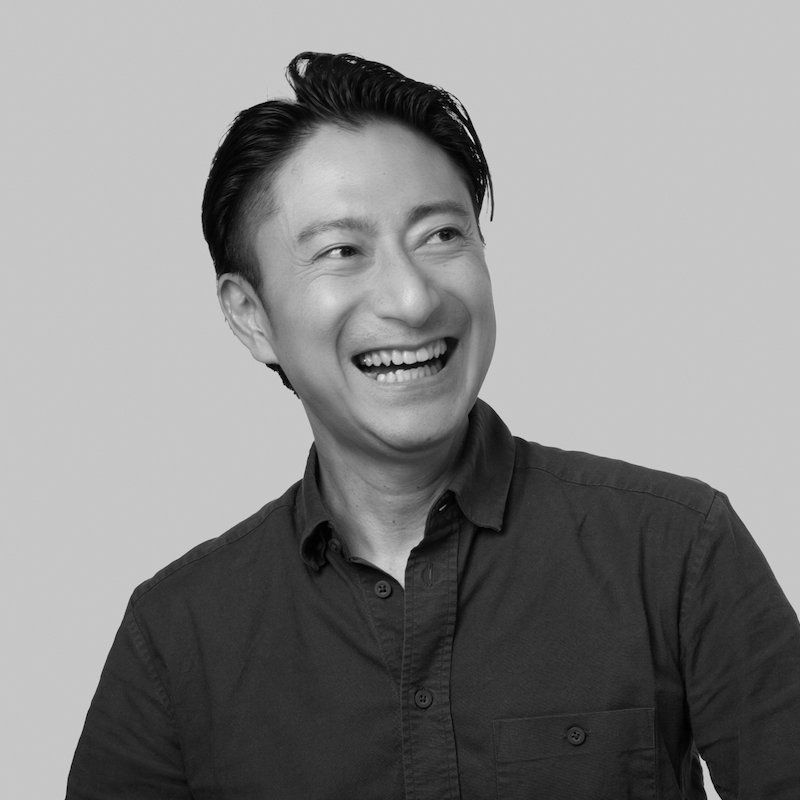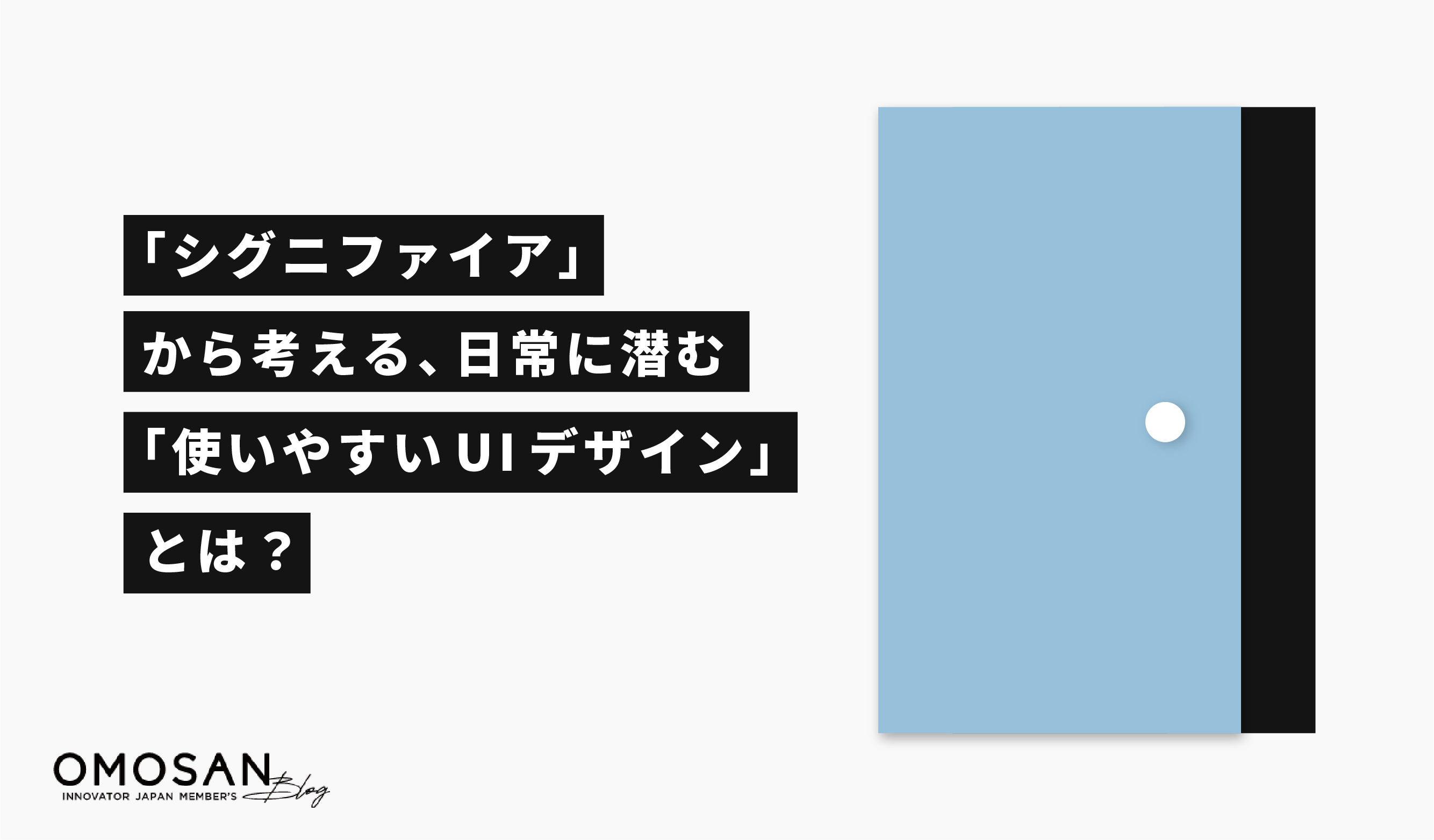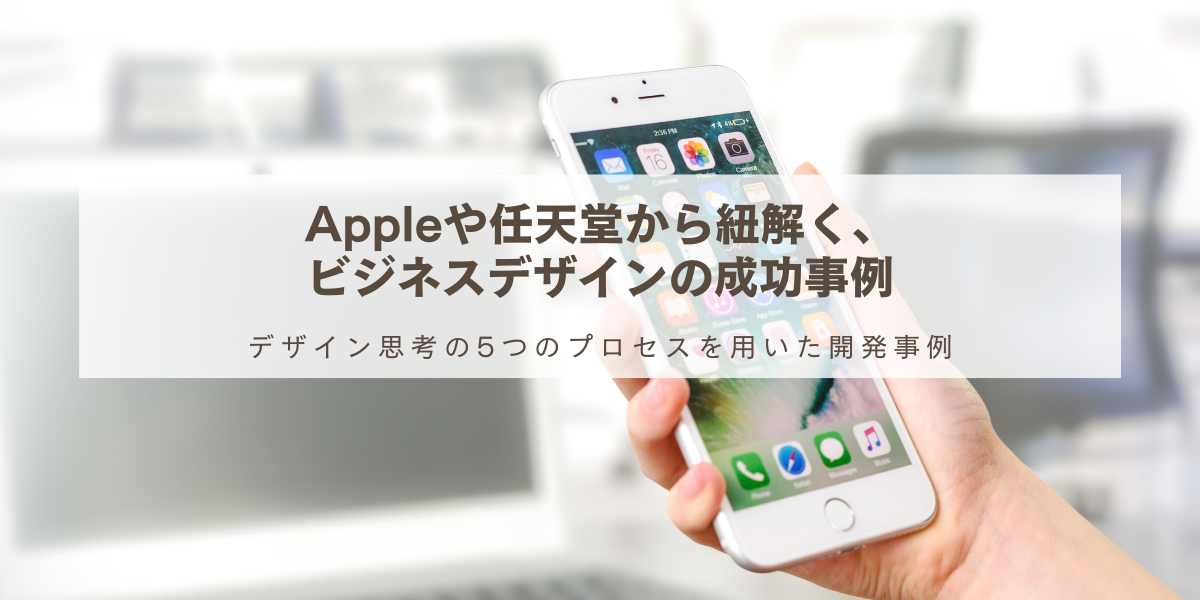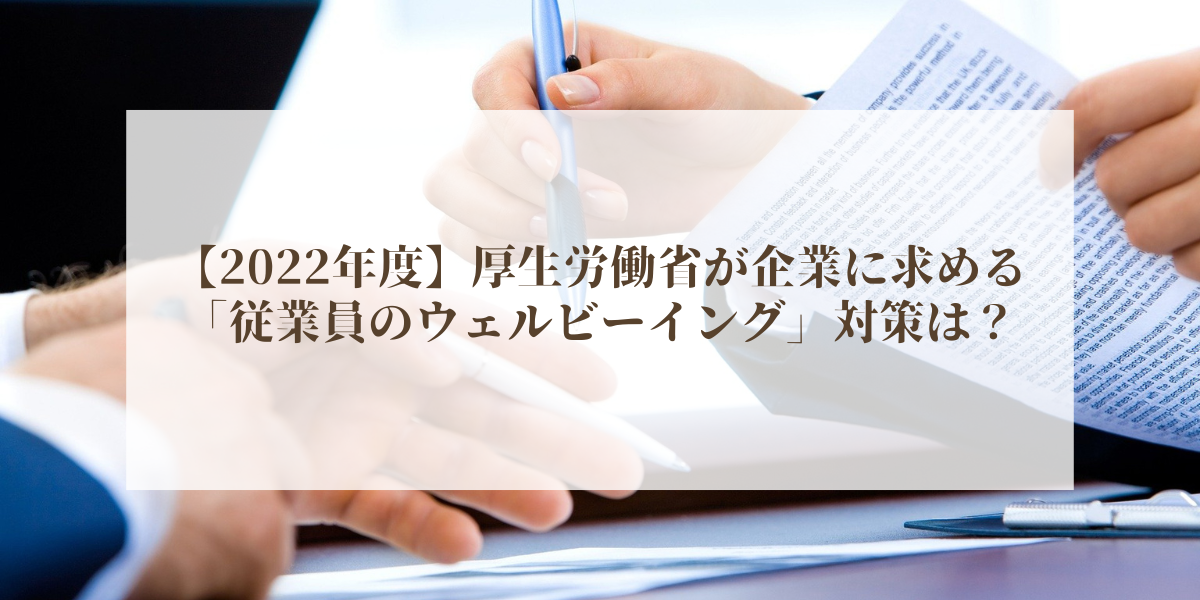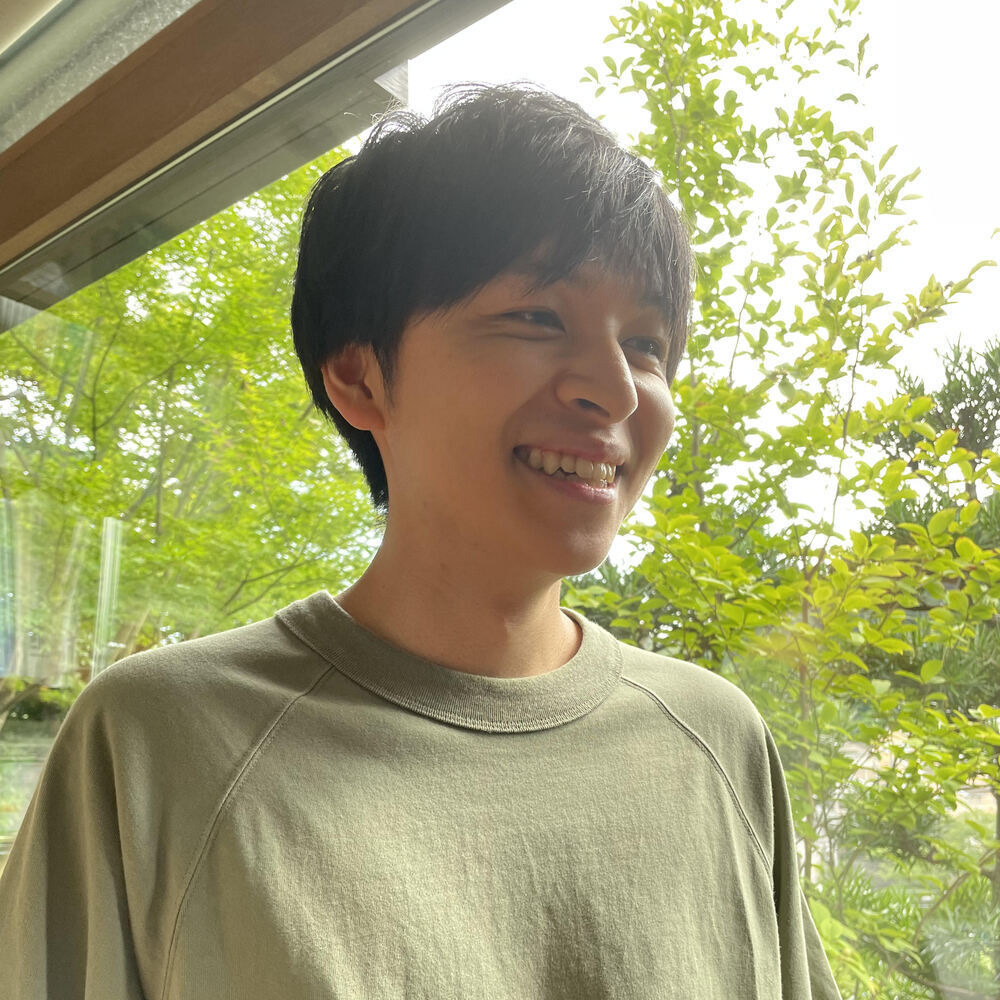Student life in Denmark
“Denmark, ranked as the number two happiest country in the world” (https://www.bbc.com/news/world-europe-56457295)
Living in Denmark as a young adult can be both exciting, memorable but also as stressful as any other young adult living in other countries. For starters, Denmark is a very compatible country to live and study in if you are a student. The country invites students to various offers that can make their student life easier, and that is why I am very happy to get the opportunity to live in a country, where student life is one other country’s priorities.
My name is Maki Mizushima, 22 years old, and I am legal Danish, but my roots stems from Japan. Both my mother and father are Japanese and have grown up in Japan. My mother and I moved to Denmark when I were only 3 years old, because of a new opportunity arisen for my mother. She got offered a new workplace as well as the opportunity to take a PhD in Denmark. Since 2003 I have been living in Denmark, so I have been taking advantage of the Danish education system.
デンマークの学生生活
"世界で2番目に幸せな国 "にランクインしたデンマーク(https://www.bbc.com/news/world-europe-56457295)。
デンマークでの若者の生活は、エキサイティングで思い出深いものであると同時に、他の国で生活する若者のようにストレスの多いものでもあります。まず、デンマークは学生にとって非常に住みやすく、勉強しやすい国です。学生生活をより快適にするさまざまな特典があり、学生生活を最優先する国で生活できることは、私にとって大きな喜びです。
私の名前はMizushima Maki(22歳)、法的にはデンマーク人ですが、私のルーツは日本です。父も母も日本人で、日本で育ちました。私がまだ3歳のとき、母に新しい転機が訪れたため、母と私はデンマークに引っ越しました。母に新しい職場のオファーがあり、また、デンマークで博士号を取得する機会もありました。2003年からはデンマークに住み、デンマークの教育制度を利用しています。
What kind of country is Denmark?
Denmark is a quite unique country because of the way the country is build and how the social democratic system just makes sense for everybody living in the country. Even though it is a small country, it is probably one of the best countries to live in because of the many opportunities one may encounter throughout their life. For starters education is free, and only few private schools (elementary school, high school, boarding school, university) cost money. The majority of the students in Denmark choose to study in a public school to experience the “full-package” student life without any other restrains. In the private schools there may be some different rules that usually does not apply for other students. The education students get offered are mostly the same and there are not many differences in what students learn. In Denmark the ministry of education tries to appeal to the Danish general public to get an education, and one of the strongest resources they use are a capital fund they offer a Danish citizen when they enter the educational program. As soon as a Danish person turns 18, they get paid by the ministry of education to go to school every month, where the minimum is about 200$ and the maximum is about 450$. As a 22-year-old not living at home, I get paid about 900$ a month. This sounds too good to be true, and that is completely right. In Denmark you can get a free education as well as free healthcare, but in return every Danish citizen have to pay a very high tax rate. In Japan the tax rate is about 10% but in Denmark the minimum tax rate is 36% and the maximum is 52%. Every person in Denmark who earns some kind of money, even though it may be a part time job, have to pay taxes. In the end, the people of Denmark think this is the better way of living in a country, because every citizen in Denmark have access to the same opportunities.
デンマークってどんな国?
デンマークは、国の構築方法と、その国に住むすべての人にとって社会民主主義システムがいかに理にかなっているのかという点で、非常にユニークな国です。小さな国ですが、デンマークでは生涯を通じて多くの機会に恵まれるため、おそらく最も住みやすい国の1つなのでしょう。
まず、教育は無料であり、お金がかかる私立学校(小学校、高校、寄宿学校、大学)はごくわずかです。デンマークの学生の大半は、他の制約を受けることなく「フルパッケージ」の学生生活を体験するために、公立学校で学ぶことを選択します。私立学校では、公立学校の生徒には適用されないような異なる規則がある場合もあります。デンマークでは、教育省がデンマークの一般市民に教育を受けるよう呼びかけようとしています。彼らが使用する最も強力なリソースの1つは、教育プログラムに参加するときにデンマーク市民に提供する資本基金です。
デンマーク人は18歳になるとすぐに、毎月教育省から学校に行くための資金が支給されるのですが、最低でも200ドル、最高で450ドルほどです。22歳で実家暮らしでない私は、アパート代と食費、光熱費として毎月約900$をもらっています。これはあまりにも良すぎる話だと思う一方、それはある程度正しいことです。デンマークでは教育も医療も無料で受けられますが、その代わりデンマーク国民は皆、非常に高い税率を払わなければなりません。日本では税率は10%程度ですが、デンマークでは最低でも36%、最高で52%です。デンマークでは、たとえアルバイトであっても、何らかの収入を得ている人はみな税金を払わなければならないのです。でも結局のところ、デンマークの人々は、すべての国民が同じ機会を得られるのだから、この方が良い生き方だと考えています。
School life and culture
In Denmark you start in school when you are 5-6 years old, and then you go to school for about 13-14 years. After finishing high school, almost every young adult chooses to take one or two gap years. In the gap years, people usually tend to work full time and then after 6 months or a year, they choose to fulfil the dream of seeing the rest of the world before entering the educational program again.
I chose to take two years off before entering university mostly because I wanted to work and earn some money as well traveling, but also because I was not sure what or where I wanted to study. I finished high school in the summer of 2019, and after that I worked at clothing store. Then unexpectedly Covid-19 hit, and I was prevented in travelling so I just worked for two years.
In the summer of 2021, I finally started in university. In Denmark the average grade from the final exams in high school are the ticket to get accepted in the different universities. In Japan there is an exam before entering a university, but in Denmark the average grade from the exams of all the subjects a student has studied are the way a student can choose a educational program.
I was lucky enough to get accepted into my educational program, which is Communication and IT at the University of Copenhagen. This educational program contains communication, which are subjects like media-, theory- and method research, and IT, which contains subjects like computer science (programming with HTML, Python and JavaScript), human-centered computering (UI/UX/HCI) and IT-infrastructure.
University of Copenhagen is the oldest and second biggest university in Denmark and also where 36.897 (2021) students study at. It has a total of 5 campus in Copenhagen with 6 different faculties. I go on the biggest campus in Copenhagen, which is called Søndre Campus. It is one of the newer campuses, so it is really open and modern. The map shows the different buildings on the campus.
学校生活・文化
デンマークでは5,6歳で学校に入り、その後13〜14年ぐらい学校に通います。高校を卒業すると、ほとんどの若者が1年か2年のギャップイヤーを選択します。ギャップイヤーでは通常、フルタイムで働き、半年から1年後に再び教育プログラム(大学/カレッジ)に入る前に他の世界を見るという夢を叶えることを選択する傾向があります。
私が大学入学前に2年間の休学を選択したのは、旅行しながら働いてお金を稼ぎたかったのと、何をどこで勉強したいのかがはっきりしなかったからです。2019年の夏に高校を卒業し、その後はアパレルショップで働きました。その後、思いがけずCovid-19が発生し、旅行に行けなくなったので、2年間はただ働いていました。
2021年の夏から、ようやく大学に入学しました。デンマークでは高校の期末試験の平均点が、各大学に合格するためのチケットになります。日本では大学に入る前に試験がありますが、デンマークでは高校3年間を通して勉強した科目の試験の平均点で教育課程を選択することができるのです。
私は幸運にも、コペンハーゲン大学のコミュニケーションとITという教育課程に合格することができました。この教育プログラムには、メディア、理論、方法論などの研究科目であるコミュニケーションと、コンピュータサイエンス(HTML、Python、JavaScriptによるプログラミング)、人間中心コンピューティング(UI/UX/HCI)、ITインフラなどの科目であるITが含まれています。
コペンハーゲン大学は、デンマークで最も古く、2番目に大きな大学であり、36,897人(2021年)の学生が学んでいる大学でもあります。コペンハーゲンには全部で5つのキャンパスがあり、6つの学部があります。私が通っているのは、コペンハーゲンで一番大きなキャンパスで、サウスキャンパスと呼ばれています。新しいキャンパスの一つなので、とても開放的でモダンな雰囲気です。この地図は、キャンパス内のさまざまな建物を示しています。 
As shown on the picture it shows how Scandinavia architecture has come to play in the design of the campus (the big holes are the parking space for students’ and teachers’ bicycles). The campus is located in a new developed areas in Copenhagen, Islands Brygge. There is a metro station near the campus as well as a new developed swimming space for when it gets hot in the summer.
写真のように、スカンジナビア建築がキャンパスのデザインに活かされています(大きな穴は、学生や先生の駐輪場です)。キャンパスは、コペンハーゲンの新しい開発地区であるアイランズブリッゲにあります。キャンパスの近くには地下鉄の駅があり、また、夏の暑い時期には新しく開発された水泳場もあります。
The campus also offers various cafeterias as well as cafés and restaurants with prices that are affordable for students.
また、キャンパス内には様々なカフェテリアやカフェ、レストランがあり、学生にとって手頃な値段で利用することができます。 
In Denmark the bachelor education takes three years with six semesters and the master education takes two years more with only four semesters. It is most common to take both the bachelor and the master education as it can be harder to find a good job with only a bachelor’s degree. Though there are also many profession bachelors, which is for example an engineering education.
In the university of Copenhagen, the obligatory class attendance is between 12-15 hours in a week, where there usually is a day of in the week. An example of a week schedule can be seen here.
As I study Communication and IT, I only have two different subjects in a semester, so I usually have a subject in communication on Wednesdays and Fridays and have a subject in IT on Mondays and Thursdays. On Tuesdays I usually work at my part-time job or study for the classes as there are a lot of reading.
デンマークでは、学士号は6学期制で3年間、修士号は4学期制で2年間です。学士号だけでは良い仕事を見つけるのが難しいため、学士号と修士号の両方を取得するのが一般的です。しかし、例えば工学教育など、多くの専門職学士があります。
コペンハーゲン大学では、1週間に12〜15時間の授業出席が義務付けられており、通常、1週間に1日の休みがあります。一週間のスケジュールの一例はこちらです。
私はコミュニケーションとITを勉強しているので、1学期に2つしか科目がなく、水曜日と金曜日はコミュニケーションの科目、月曜日と木曜日はITの科目というのが一般的です。火曜日は読書が多いので、アルバイトをしたり、授業の勉強をしたりすることが多いです。

On Fridays there are always Friday-bar, which is a student bar for different institutions. I belong to the institution of Communication with film- and media science as well as other educational programs. At this bar there is always a specific theme every Friday for example beer-pong tournaments or karaoke bar.
金曜日はいつもフライデーバーという、さまざまな教育機関の学生が集まるバーがあります。私の所属するコミュニケーション学部は、映画やメディアサイエンス、その他の教育プログラムを提供しています。このバーでは、毎週金曜日にビアポントーナメントやカラオケバーなど、いつも特定のテーマが設けられています。
In Denmark the drinking culture is very heavy and a little bit wild as you already start to drink in the end of middle school and throughout high school. The cafés at my university also offer beer on regular days. When my group and I finished our last group exam for this semester on the 1st of July, we all bought beer at 4.00 pm on the campus and drank while submitting our exam. The drinking age in Denmark is 16 years old where a 16-year-old person can buy light alcohol like beer, wine, and ciders, but when they turn 18, they can buy heavy alcohol like vodka or other strong sprit alcohol.
For a student the drinking culture is almost a “must” to “fit in” as the main events mainly revolve around alcohol and partying.
デンマークでは、中学生の終わりから高校生の初めにかけて、すでにお酒を飲み始めるので、飲酒文化はとても重く、少し乱暴な感じもします。私の大学のカフェでは、普通の日でもビールを提供しています。7月1日に今学期最後のグループ試験が終わったとき、私のグループは、午後4時にキャンパスでビールを買い、飲みながら試験を提出しました。デンマークの飲酒年齢は16歳で、16歳はビール、ワイン、シードルなどの軽いアルコールが買えますが、18歳になるとウォッカなどの強い蒸留酒のような重いアルコールが買えます。
学生にとって、飲酒文化は「馴染む」ために「必須」であり、主なイベントはアルコール活動やパーティーが中心となっています。

Denmark is an overall happy country
Denmark ranked as the number 2 happiest county fits well with how, people live their life in Denmark, is represented. From growing up and live your young life in a country like Denmark and then to live a happy life after you graduate from university is the cause of how Denmark is structured and how the values of the country, like living life in a relaxed environment, are prioritized. If you ask me if I wanted to live my young life as well as study in another country, I will probably say no, just because of how many great benefits come with being a citizen of Denmark. On the flip side, there has actually been a lot of debate in the recent years about the overall student life in Denmark, and whether the benefits are too costly. The ministry of education has actually cut a lot of the capital funds for the students as the focus on student life has become lower. With that in mind, we don’t know how the future of the new generation of students will look like, but right now it still feels like a privilege to live in a country where your youth is considered as an important element to the future growth of Denmark and its development. You have to remember that the students right now are the future generation of the Danish later prospects.
デンマークは全体的に幸福な国である
デンマークは、最も幸福な国の第2位にランクされ、人々の暮らしぶりがよく表れています。デンマークのような国で育ち、若い頃の生活を送り、大学を卒業した後も幸せな生活を送ることができるのは、デンマークの仕組みや、ゆったりとした環境で生活を送るといった国の価値観が優先されていることが原因だと思います。
若いうちに他の国で勉強も含めて生活したいかと聞かれたら、デンマーク国民であることのメリットが大きいだけに、おそらくノーと答えるでしょう。一方で、デンマークの学生生活全体について「そのメリットが大きすぎるのではないか」という議論も実は近年盛んに行われています。実際に教育省は、学生生活への注目度が低くなったため、学生のための設備資金を大幅にカットしています。
それを考えると、新しい世代の学生たちの将来がどうなるかはわかりませんが、今はまだ、自分の青春が将来のデンマークの成長や発展にとって重要な要素と考えられている国に住んでいる特権のように感じています。今の学生たちが、デンマークの将来の展望を担う世代であることを忘れてはいけません。

